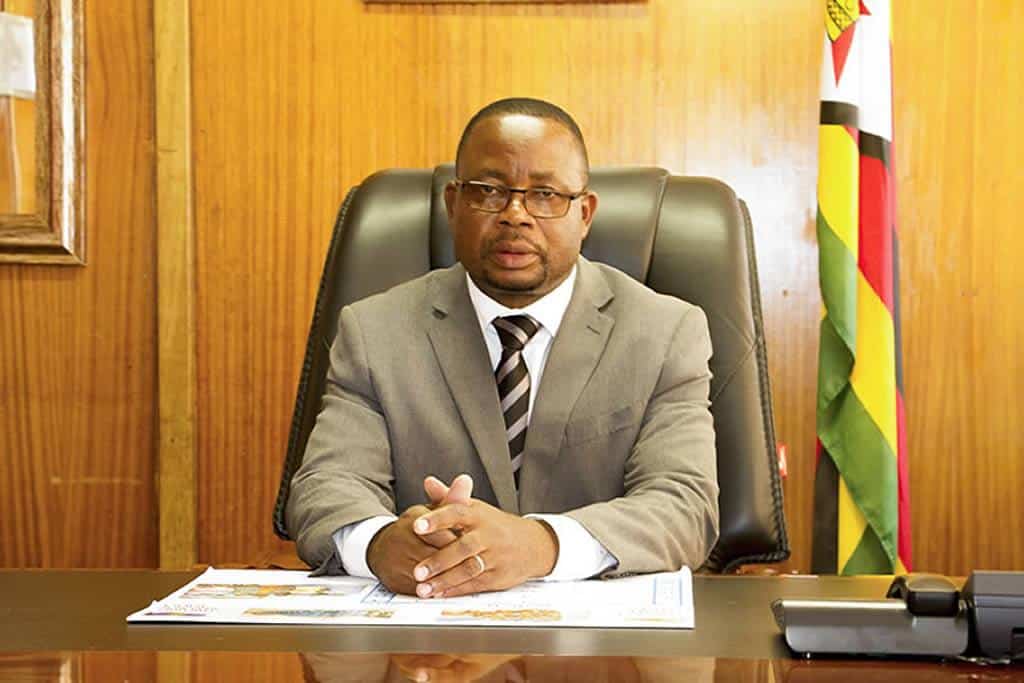
Zimbabwe call on employers to stop unpaid leave measures and unfair layoffs
Last updated on February 27th, 2023 at 11:08 am
The Zimbabwean government urged employers and companies to maintain adequate job standards after some companies started cutting wages and laying off employees during the blockade to combat the spread of the new coronavirus, COVID-19. The Minister of Public Service, Labor and Social Security, Paul Mavima, on Sunday called on employers to refrain from imposing unpaid leave measures, urging companies to immediately stop downsizing staff and unfair layoffs.
“The use of unpaid leave during the blockade should only be considered through agreements between the parties. Consequently, enterprise-level social dialogue structures and national employment councils should be used for this purpose”. Said the minister speaking to the local press. The Government of Zimbabwe also asked employers to create mechanisms that allow workers to perform their duties from home, through the so-called smart working via internet.
The country is not in a position to cobble up a substantial stimulus package, given the realities of an already weak economy, but Minister Mavima said that a draft document on global labor market measures for COVID-19 has been drafted and has undergone virtual consultations, given the limitations for convening face-to-face meetings in line with guidelines issued by health authorities. Zimbabwe has been blocked since March 27, to date, according to Worldometers and the World Health Organization (WHO), relatively low numbers have been recorded compared to other countries, in fact there are 17 cases of infection registered, while 3 people are death from complications related to COVID-19.
On April, 10 Zimbabwe’s state-owned airline announced, with an internal notice, its decision to put workers on indefinite unpaid leave after revenue dried up with the new coronavirus outbreak virtually grounding global air travel. With $300 million of debt, Air Zimbabwe was already facing financial crisis before the novel coronavirus pandemic begun. The perennially loss-making national carrier said it would retain skeleton staff for ad hoc operations and airworthiness compliance, adding that wages remained its biggest cost.
On the 27th of March 2020, the Head of State, His Excellency, President E.D. Mnangagwa announced a 21-day National Lockdown as a preventive measure against the spread of COVID-19 pandemic. Details of the National Lockdown measures are articulated in Statutory Instrument 83 of 2020. Consequently, the Airline operations have ground to a halt as most of the passenger travel destinations are on lockdown with travel restrictions, implying NIL revenue inflows. While other revenue initiatives are being pursued, staff remuneration remains one of the largest cost drivers within the Airline and without revenue inflows and external interventions, it will be a challenge to continue funding the salaries. The internal notice affirms.
“Our staff compliment shall be reduced and a skeletal team identified by the Heads of departments will be in place to ensure adhoc operations, airworthiness compliance, safety, security of aircraft and associated equipment within the Airline. Therefore, some of us will be placed on indefinite unpaid leave effective 23 April 2020 until operations normalise. However, April 2020 salaries will be paid to all staff members in full”. The companies concluded.
American presidential elections: A new sanders-Biden alliance
Zimbabwe will struggle to recover from the recession caused by the Covid-19 pandemic, the country is expected to experience a double-digit recession of -20% post the health emergency with companies failing to recover after the lockdown, which has been seen as a death knell to the country’s economy. The novel coronavirus is one of the worst crises Zimbabwe has experienced, coming amid a severe drought, waning tourist arrivals and dwindling diaspora remittances. The International Monetary Fund projected Zimbabwean gross domestic product growth for 2020 at 0,8% but the general sentiment is that the situation would be far worse given that the country is in a financial crisis and in dire need of fresh lines of investment.



